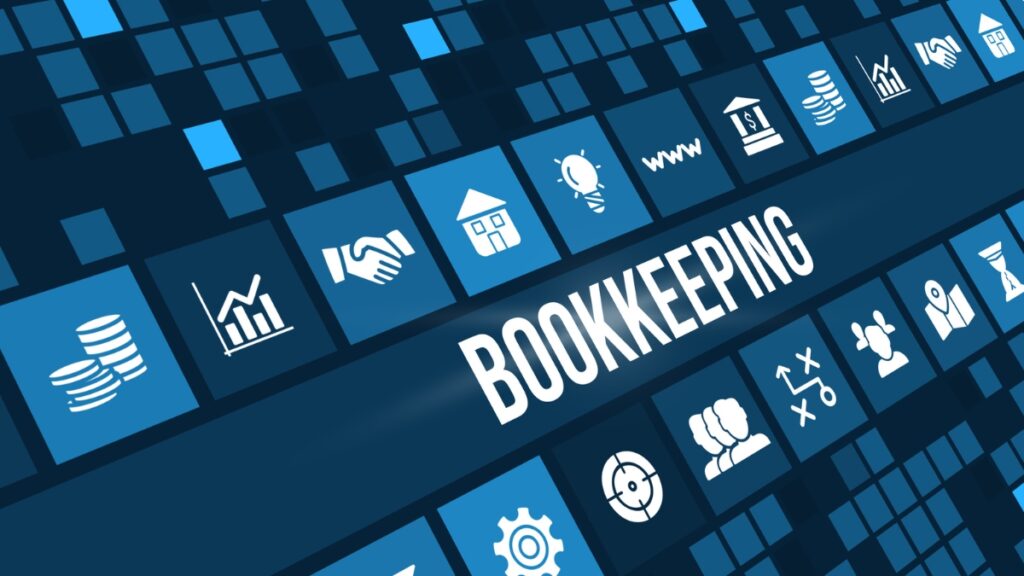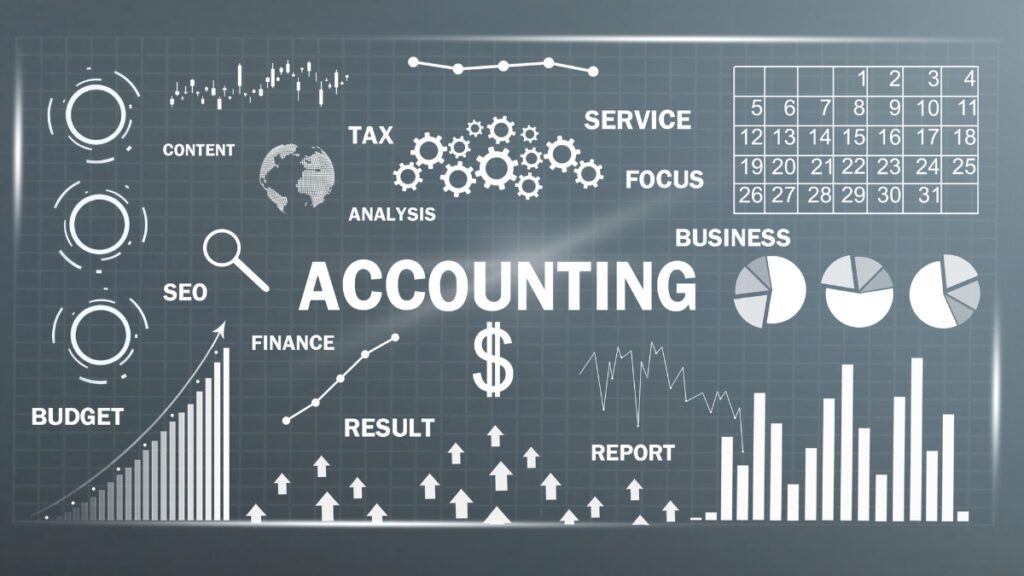
Where Did the Money Go? A Beginner’s Guide to Understanding Business Cash Flow
Your sales show profit, but your bank balance feels tight. Learn to trace your cash flow in three straightforward steps. Numble’s accountants make finance understandable and manageable, helping you gain clarity and control.




